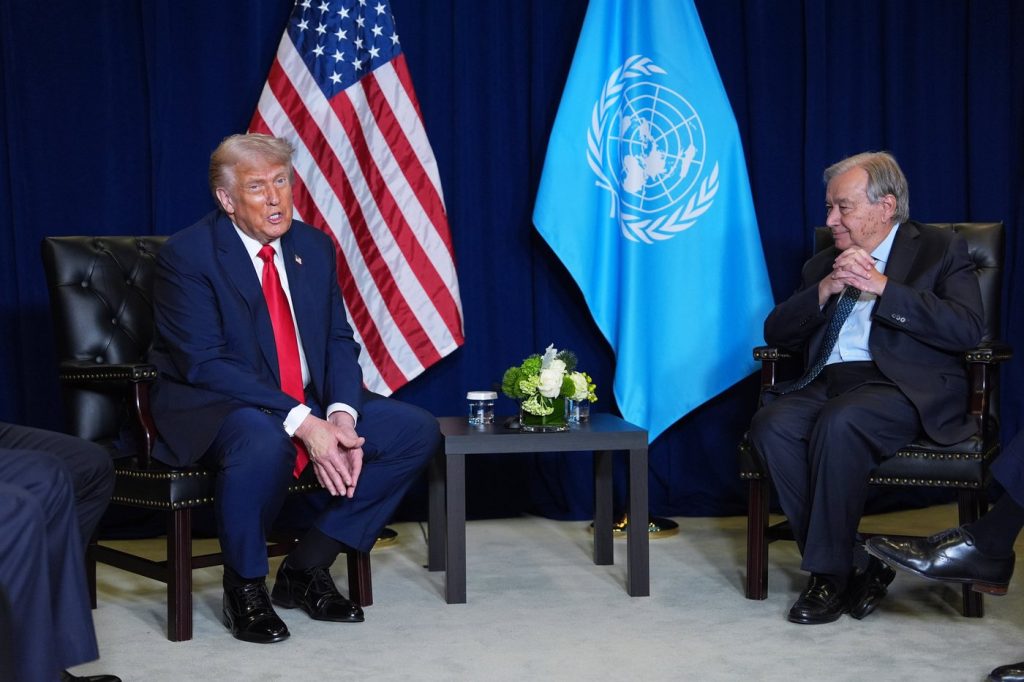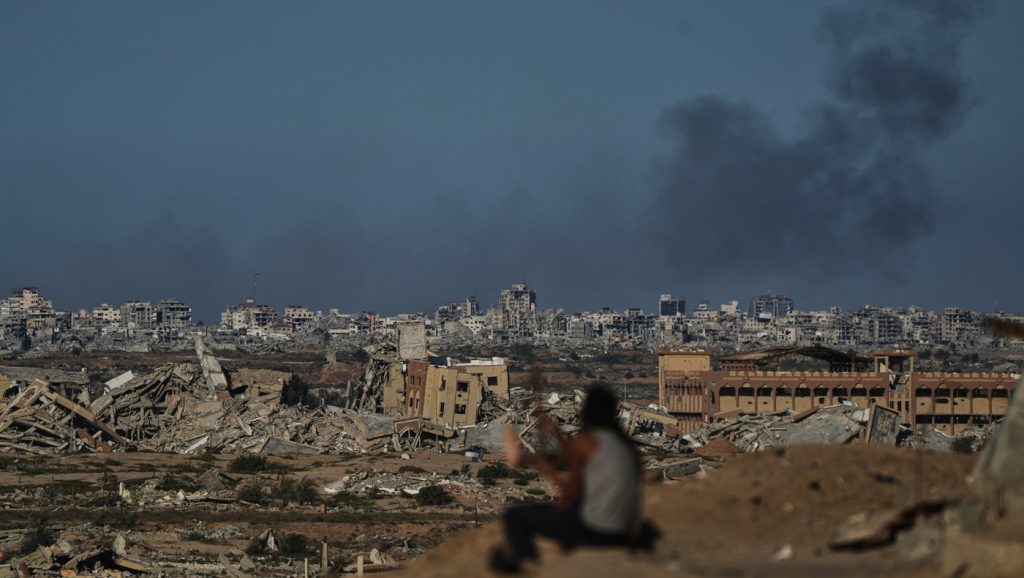The United Nations has announced a substantial reduction in its peacekeeping force and operations, which is set to impact thousands of soldiers across various global hotspots. This decision results from recent funding cuts imposed by the United States, the largest contributor to the U.N., prompting the organization to implement a 25% decrease in peacekeepers worldwide. A senior U.N. official, who requested anonymity due to the confidential nature of the discussions, relayed this information during a briefing with reporters.
Approximately 13,000 to 14,000 military and police personnel, out of over 50,000 peacekeepers currently deployed across nine global missions, will soon return to their home countries. The budget for U.N. peacekeeping forces is also expected to be cut by about 15% this year, with operations in Somalia being among those affected. Countries participating in U.N. peacekeeping missions include regions such as the Democratic Republic of Congo, the Central African Republic, South Sudan, Lebanon, Cyprus, and Kosovo.
U.N. Secretary General António Guterres emphasized the importance of peacekeeping, claiming it represents a mere 0.5% of global military expenditure while remaining one of the most effective means to promote international peace and security. The recent overhaul of peacekeeping framework followed a significant meeting between Guterres and representatives from key donor nations, including Mike Waltz, the new U.S. ambassador to the United Nations.
The Trump administration, led by Waltz, has criticized the U.N. as bloated and redundant, pledging to halt further contributions until the efficacy of all U.N. agencies and programs is thoroughly assessed. Trump, upon his second term's commencement in January, initiated a review of the U.N. and its multilateral institutions, which has already led to the withdrawal of U.S. support from entities such as UNESCO and the World Health Organization, while reassessing funding for additional agencies.
Within the U.N. structure, over 60 offices, agencies, and operations are now facing potential job cuts of 20% as part of Guterres's broader reform agenda, which is a response to ongoing funding reduction. In a recent television interview, Waltz reiterated the U.S. goal to refocus the U.N. on its primary objectives—promoting peace and enforcing stability—while dismissing what he termed "nonsense" operations.
Historically, U.N. peacekeeping missions have expanded significantly; for instance, in the early 1990s, merely 11,000 peacekeepers were deployed, but by 2014, that number surged to 130,000. Currently, approximately 52,000 personnel are stationed across 11 conflict areas spanning Africa, Asia, Europe, and the Middle East.
This year, the U.S. has committed $680 million toward nine peacekeeping initiatives, a notable reduction from the $1 billion contributed during the previous year. This funding will primarily support missions that the U.S. has taken a particular interest in, such as those in Lebanon and the Democratic Republic of Congo. Contributions from both the U.S. and China account for half of the U.N.'s peacekeeping budget, with China indicating that it plans to fulfill its financial commitments by the end of the year.












